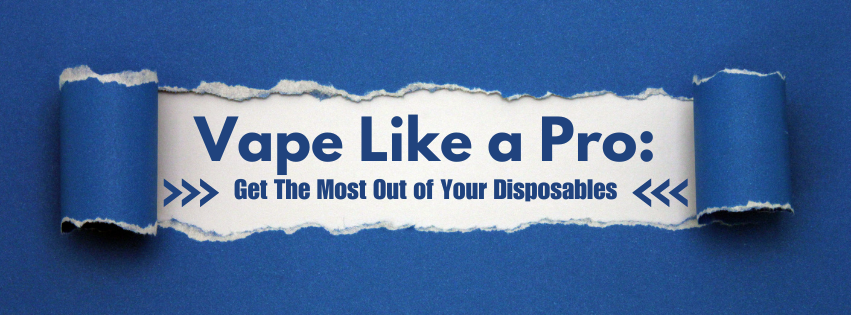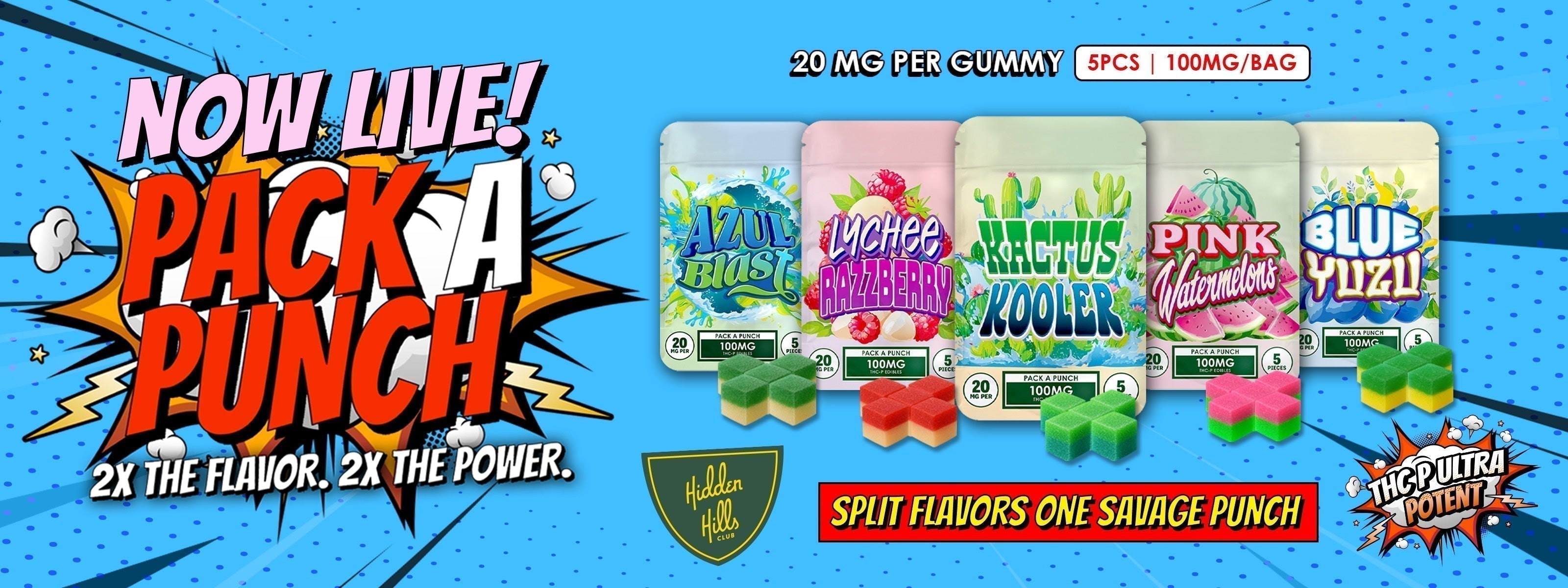What is the difference between THCp vs THCa?

Curious about the differences between THCP and THCA? These two cannabinoids might sound similar, but they offer vastly different experiences. THCA is the non-psychoactive precursor to THC, providing therapeutic benefits without the high. On the other hand, THCP is a newly discovered cannabinoid, packing a punch that's said to be 33 times stronger than THC. Understanding these differences is key to navigating the complex world of cannabis. Dive deeper into this fascinating comparison and discover which cannabinoid might be right for you.
What's stronger, THCA or THCP?
THC-P is stronger than THCA. THC-P has a longer carbon chain, allowing it to bind more effectively to the receptors in the body's endocannabinoid system (ECS). This results in more potent euphoric effects and potentially stronger therapeutic benefits compared to THCA.
What is THCA?

Tetrahydrocannabinolic acid (THCA) is a non-psychoactive cannabinoid naturally found in both hemp and marijuana plants. Unlike THC, THCA doesn’t produce euphoric effects in its raw form. However, when THCA is heated through a process called decarboxylation, it loses a carbon atom and transforms into THC, bringing about the classic psychoactive effects associated with cannabis.
THCA hemp flower is specially cultivated to contain high levels of THCA, allowing users to legally experience the effects of THC. By heating the THCA flower, it converts into THC, delivering both its psychoactive effects and therapeutic benefits, such as relief from physical discomfort and relaxation.
THCA is abundant in cannabis, forming within the trichomes—tiny, resinous structures on the plant. These trichomes contain enzymes that convert the non-psychoactive precursor cannabinoids into THC and other cannabinoids.
What is THCP?
Tetrahydrocannabiphorol (THCP), a powerful cannabinoid, is relatively new to the cannabis scene. Discovered by Italian scientists in 2019, THCP closely resembles traditional THC, with one key difference: it has a longer alkyl side chain. This longer chain allows THCP to bind more tightly to cannabinoid receptors, making it up to 33 times more potent than THC.
Unlike THCA, THCP is present in cannabis in very small amounts, often barely detectable. Because of its potency, it’s essential to dose THCP cautiously. Taking too much can lead to intense euphoria, couchlock, anxiety, and paranoia. It’s best to start with a small dose and gradually increase to avoid any adverse effects.
What is a THCP high like?
Both scientists and consumers have observed that THCP produces effects similar to those of THC, but with significantly greater potency. This heightened strength makes accurate dosing crucial. Consuming too much THCP can lead to unwanted side effects like anxiety, paranoia, and dry mouth, so it's important to be cautious with how much you use.

What is THCA good for?
THCA is known for its ability to reduce inflammation and alleviate pain, making it a great option for managing symptoms of conditions like arthritis and seizures. Additionally, THCA acts as a neuroprotectant, which can be helpful in treating neurological disorders such as multiple sclerosis, Alzheimer's, and Parkinson's disease.
Is THCA natural or synthetic?
THCA, or tetrahydrocannabinolic acid, is a naturally occurring compound in cannabis plants. Although it shares a similar name with THC, the compound that produces the “high” in marijuana, THCA is different in both its chemical structure and its effects. Unlike THC, THCA is non-psychoactive and offers unique benefits without the intoxicating effects.
How long does THCP high last?
When you ingest THC-P, the effects can last quite a long time, typically ranging from 8 to 16 hours. In some cases, you might even feel its impact throughout the entire day, depending on the amount you consume. Regardless, THC-P generally provides several hours of effects, making it one of the longer-lasting cannabinoids.
THCp vs THCa The Roll Up
In the comparison of THCp vs THCA, both cannabinoids offer potential benefits such as relaxation, better sleep, and relief from physical discomfort. However, THCA does not produce a high, making it non-euphoric, while THCp delivers one of the most intense euphoric experiences available, potentially up to 33 times more potent than traditional THC. Although both are THC analogs with similar structures, their distinct chemical differences lead to their varied effects.
When choosing between THCp and THCA, consider whether you prefer the strong effects of THCp or the more subdued, grounding effects of THCA. Alternatively, you can convert THCA into Delta 9 THC for a classic cannabis experience. Explore our THCp and THCA products to find the one that best meets your wellness needs. Enjoy your journey!



